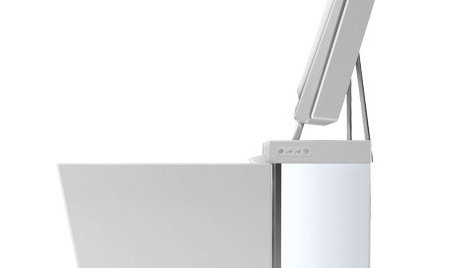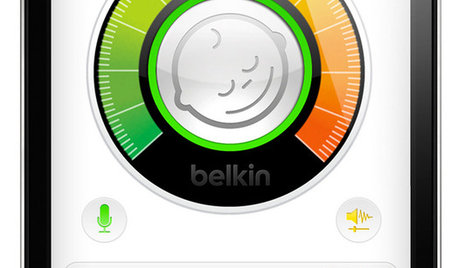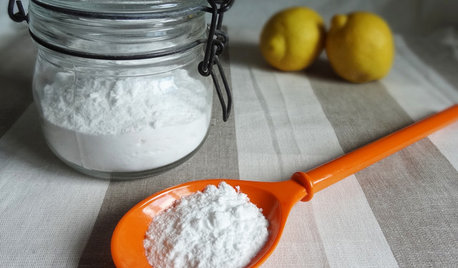'Detox', 'cleanses' and quick fixes
rusty_blackhaw
15 years ago
Related Stories

REMODELING GUIDES5 Hot Tips for Home Saunas
Bask in your very own heated haven, indoors or out. This overview will get you off to a glowing start
Full Story
FEEL-GOOD HOMEHow to Treat Your Home to a January Health Kick
Your house is an extension of you, so give it a reboot this month to ensure that it’s fit, happy and ready for the year ahead
Full Story
HOME TECHMeet the New Super Toilets
With features you never knew you needed, these toilets may make it hard to go back to standard commodes
Full Story
HOME TECHThe Future of Home Automation: Cheap, Wearable and Mobile!
Look for smart watches and glasses that can control your smart-phone apps, which in turn automate your home equipment
Full Story
FEEL-GOOD HOMESimple Pleasures: 10 Ideas for a Buy-Less Month
Save money without feeling pinched by taking advantage of free resources and your own ingenuity
Full Story
HOUSEKEEPINGBaking Soda: The Amazing All-Natural Cleanser You Already Own
Battle grime, banish odors and freshen clothes with this common nontoxic cupboard staple
Full Story
MOVING9 Ways to Calm New-Home Jitters
Buyer's remorse begone! Here are some tricks to help you warm to your new place, warts and all
Full Story
BATHROOM DESIGNPowder Room Essentials to Keep Guests Happy
Set out these bathroom necessities (hello, hand towels) to make your company comfortable and your parties run smoothly
Full Story
BATHROOM DESIGN10 Amenities to Make Your Bathroom Extraordinary
Go beyond the basics for a luxury bathroom experience, with extra-special options starting at only $25
Full Story
ARCHITECTUREDesign Workshop: The Open-Concept Bathroom
Consider these ideas for balancing privacy with openness in an en suite bathroom
Full StoryMore Discussions


apollog
apollog
Related Professionals
Anderson Landscape Contractors · El Segundo Landscape Contractors · Emmaus Landscape Contractors · Laguna Hills Landscape Contractors · Oak Forest Landscape Contractors · Paramus Landscape Contractors · Soddy Daisy Landscape Contractors · Vancouver Landscape Contractors · Webster Groves Landscape Contractors · Camp Springs Landscape Contractors · Ferguson Landscape Contractors · Margate Carpenters · Norfolk Carpenters · Savannah Roofing & Gutters · St. Louis Roofing & Guttersrusty_blackhawOriginal Author
apollog
rusty_blackhawOriginal Author
apollog
rusty_blackhawOriginal Author
silversword
apollog
rusty_blackhawOriginal Author
rusty_blackhawOriginal Author
silversword
rusty_blackhawOriginal Author
apollog
rusty_blackhawOriginal Author
silversword
rusty_blackhawOriginal Author
silversword
apollog
rusty_blackhawOriginal Author
rusty_blackhawOriginal Author
apollog
rusty_blackhawOriginal Author
apollog
silversword
apollog
gringojay
rusty_blackhawOriginal Author
apollog
rusty_blackhawOriginal Author
apollog
apollog
rusty_blackhawOriginal Author
apollog
rusty_blackhawOriginal Author
apollog
rusty_blackhawOriginal Author
gringojay
rusty_blackhawOriginal Author
brendan_of_bonsai
gringojay
brendan_of_bonsai
rusty_blackhawOriginal Author
brendan_of_bonsai
luckygal
rusty_blackhawOriginal Author
silversword
rusty_blackhawOriginal Author
indigocharm
apollog